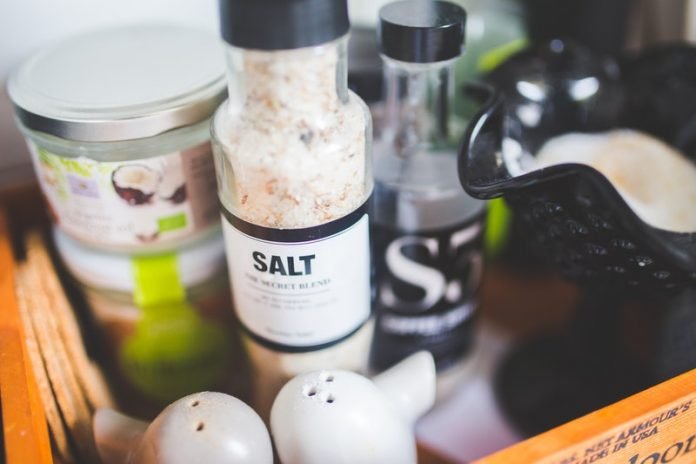
In a new study from the George Institute for Global Health, researchers found that replacing table salt with a reduced-sodium, added-potassium ‘salt substitute’ significantly reduces rates of stroke, heart attack and death.
The results also showed that there were no harmful effects from the salt substitute.
High levels of sodium intake and low levels of potassium intake are widespread, and both are linked to high blood pressure and greater risks of stroke, heart disease and premature death.
Using a salt substitute—where part of the sodium chloride is replaced with potassium chloride—addresses both problems at once.
Salt substitutes are known to lower blood pressure but their effects on heart disease, stroke, and death were unclear, until now.
In the study, the team enrolled 21,000 adults with either a history of stroke or poorly controlled blood pressure from 600 villages in rural areas of five provinces in China—Hebei, Liaoning, Ningxia, Shanxi and Shaanxi between April 2014 and January 2015.
Participants were provided enough salt substitute to cover all household cooking and food preservation requirements—about 20g per person per day—free-of-charge. Those in the other villages continued using regular salt.
During an average follow-up of almost five years, more than 3,000 people had a stroke.
For those using the salt substitute, researchers found that stroke risk was reduced by 14%, total cardiovascular events (strokes and heart attacks combined) by 13% and premature death by 12%.
The team says that because salt substitutes are relatively cheap (about US$1.62 per kilo versus US$1.08 per kilo for regular salt in China) they are likely to be very cost-effective too.
As a result of the study, the researchers are calling for the following actions:
Salt manufacturers and retailers worldwide should switch to producing and marketing salt substitute at scale
Governments worldwide should design polices to promote salt substitute and discourage regular salt use
Consumers worldwide should cook, season and preserve foods with salt substitute,s not regular salt
If you care about food and your health, please read studies about these foods linked to high risks of heart disease and stroke and findings of eating this food every week could prevent recurrent heart disease.
For more information about food and wellness, please see recent studies about this common food linked to heart disease and death and results showing that these daily food directly linked to cancer risk.
The study is published in the New England Journal of Medicine. One author of the study is Professor Bruce Neal.
Copyright © 2021 Knowridge Science Report. All rights reserved.



